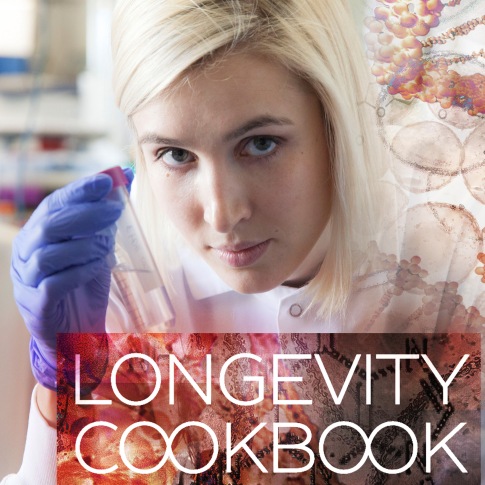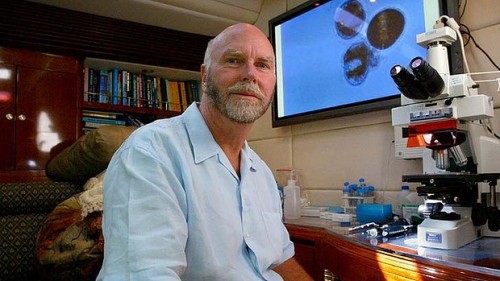
Let’s make a bet? I will propose something incredibly effective in the area of life extension and no one will be able to suggest a better strategy. Deal?
First of all, let’s think about what KPI (Key Performance Indicators) can be applied to longevity? What will tell us that we are on the right way to immortality, but not moving in the opposite direction towards the grave.
The answer here lies on the surface.
The first thing is money. The more money is invested in projects on life extesnion, the better chances we have to stay alive.
The second thing is people. There’s a nuance here. How can we count the increase in number of people? I think we need to count the most devoted supporters in the first place. There are millions of people who don’t mind living longer. Many of them run in parks or read biotechnology news, but does their activity lead to radical life extension? In my opinion, no. Moreover, having found a simple recipe like a diet, yoga or Kurzweil’s promises that everything is going to happen on its own by 2030, this kind of longevity supporters don’t do anything, because subconsciously they have already found the solution to the problem.
I propose to take only those people into account, who are involved in projects on radical human life extension. How can we identify such a person? Oh, it’s very easy. He or she talks about it explicitly and their actions are adequate, meaning they are established socially.
The third KPI is the number of events. Conferences, books, round tables, articles, social actions, 40 people going to have a beer because of the approaching singularity, youtube videos, scientific projects, movies – all of that is needed in extra large quantities.
The forth thing is the effectiveness of collaboration. This one is complicated. Perhaps the number of people involved in the same transhumanist project needs to be taken in account.
So, what strategy will be most oriented towards increasing all of the 4 indices? What can yield more money, more people, more events and more collaboration?
It is crowdfunding of scientific projects in the area of longevity. First dozens and then hundreds of crowdfunding campaigns have to be created that would raize funding for longevity gene therapy, regenerative medicine, studying molecular mechanisms of aging and their relationship to pathologies.
Yes, perhaps, we will raize not a lot of moeny in the beginning, but the projects that describe the work of the scientists, they will stay and they will continuosly owrk towards educating, promoting and attracting supporters. Moreover, they will help the universities and research institutes get government grants and venture capital.
Joint donations for longevity research will draw people closer together and will allow to constantly increase the loyal audience. There will be a chain reaction – successful crowdfunding peojects will motivate to create more projects in our field.
A set of projects on life extension will give a clear signal to the society that great things can be done to secure the main human right – the eright to live.
This is the reason why I participated in creating LabCures, because I concider this project the best strategy for the initial kick off of novel research projects including longevity.










